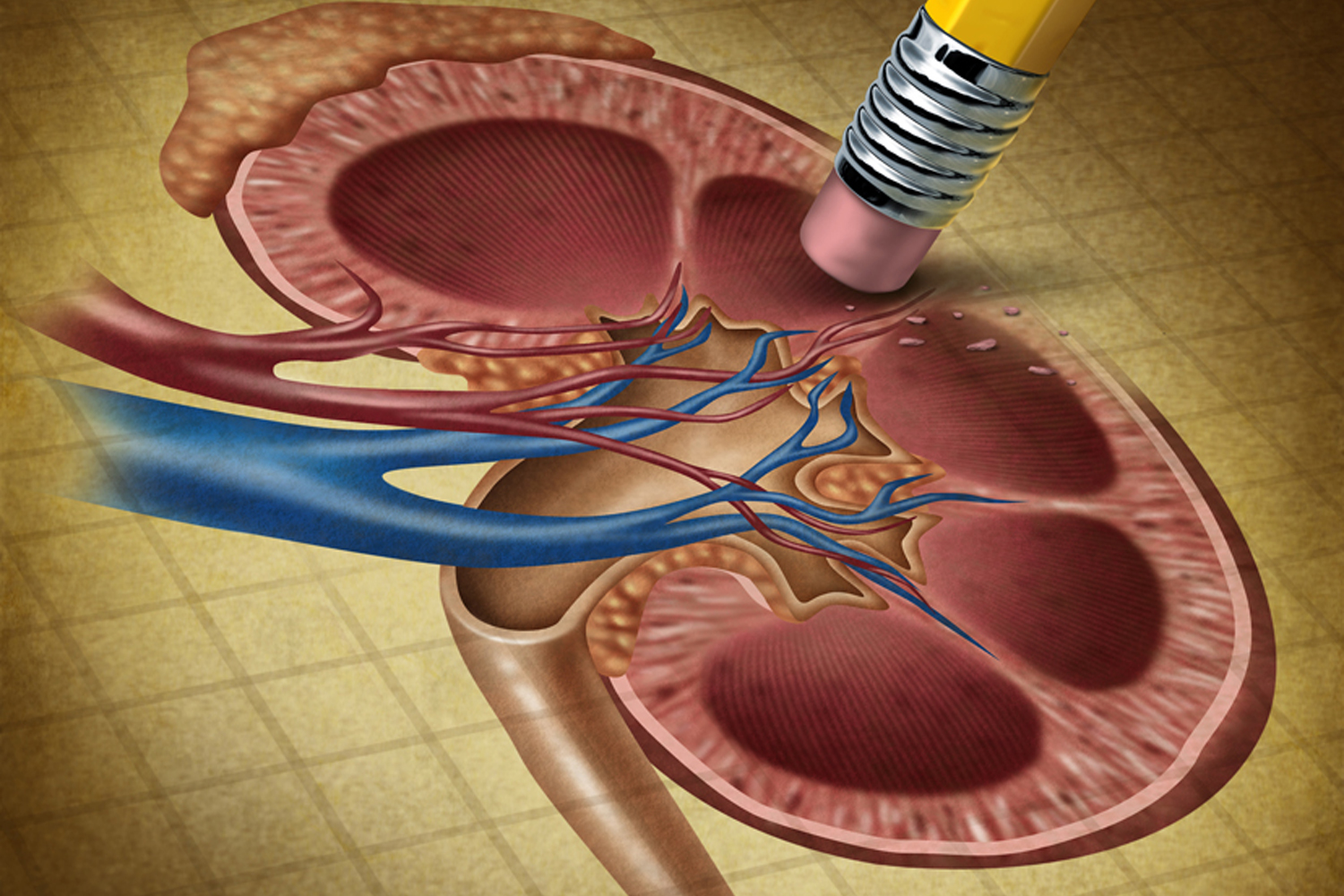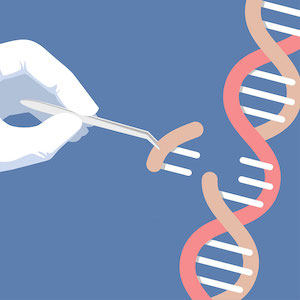-
Forward Look
What’s Next? Fall 2019Researchers look for easier ways to screen for colorectal cancer in Nigeria.
by Bradley Jones
-
Q&A
The Promise of CRISPRBiochemist Samuel H. Sternberg describes the limitations, realities and potential of gene-editing technology.
by Marci A. Landsmann
-
September 13: The Week in Cancer News
Some cancer drugs being tested in clinical trials do not work the way researchers thought they did, and ringing a bell following radiation therapy may increase distress for patients.
by Kate Yandell
-
HIV Can Worsen Cancer Treatment Outcomes
People with HIV who develop certain cancers are more likely to die from them than patients without HIV—even if they receive similar treatment.
by Jon Kelvey
-
Immunotherapy in the Elderly
Immune checkpoint inhibitors can be effective treatments for elderly people with some types of advanced cancer, but more information is needed on their risks and benefits in this group.
by Emma Yasinski
-
Why Is the Rate of Uterine Cancer Rising?
Uterine cancer incidence is increasing in the U.S., particularly in Hispanic, Asian and black women, but obesity may play a smaller role in this change than was previously assumed.
by Ashley P. Taylor
-
Cancer Care on a Native American Reservation
For the first time, people living in the Navajo Nation who are diagnosed with cancer can get treated for the disease without leaving tribal lands.
by Kate Yandell
-
Forward Look
Pediatric Leukemia Treatments Are Not Just for KidsStudy supports using these regimens for teens and young adults.
by Bradley Jones
-
Forward Look
What’s Next? Summer 2019Probe may provide easier way to spot melanoma.
by Bradley Jones
-
Healthy Habits
Where There’s SmokeWhat to know before firing up the grill during barbecue season.
by Bradley Jones
Cancer Talk
Let Me Tell You a Story About the Power of Medical Research
Ten-year-old Michael Methner told his story about being diagnosed with optic nerve glioma at the AACR’s Rally for Medical Research.
by Cancer Research Catalyst
Aggressive Approach to Very Advanced Cancer Does Not Extend SurvivalStudy shows no benefit from treatment for cancers at very advanced stages of progression. Researchers urge end-of-life planning for these patients.
by Kyle Bagenstose
The Affordable Care Act’s Impact on Access to Cancer CareA study at the AACR Cancer Health Disparities Conference found more people got quality cancer care after the ACA went into effect.
by Cancer Research Catalyst
Understanding the Federal Rule on Breast Tissue Density ReportsScreening mammography reports will include breast density and an explanation in common language.
by Sandra Gordon















